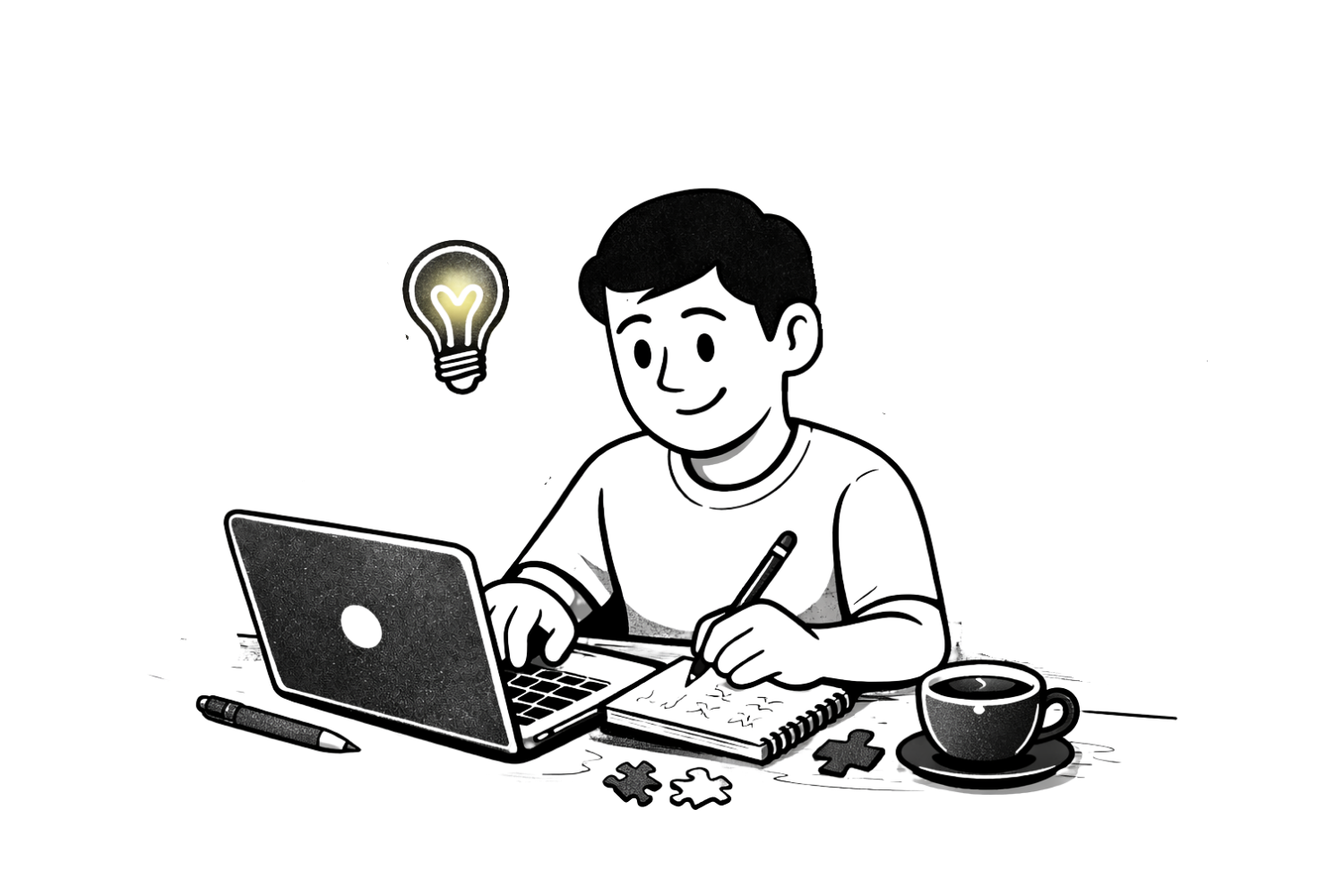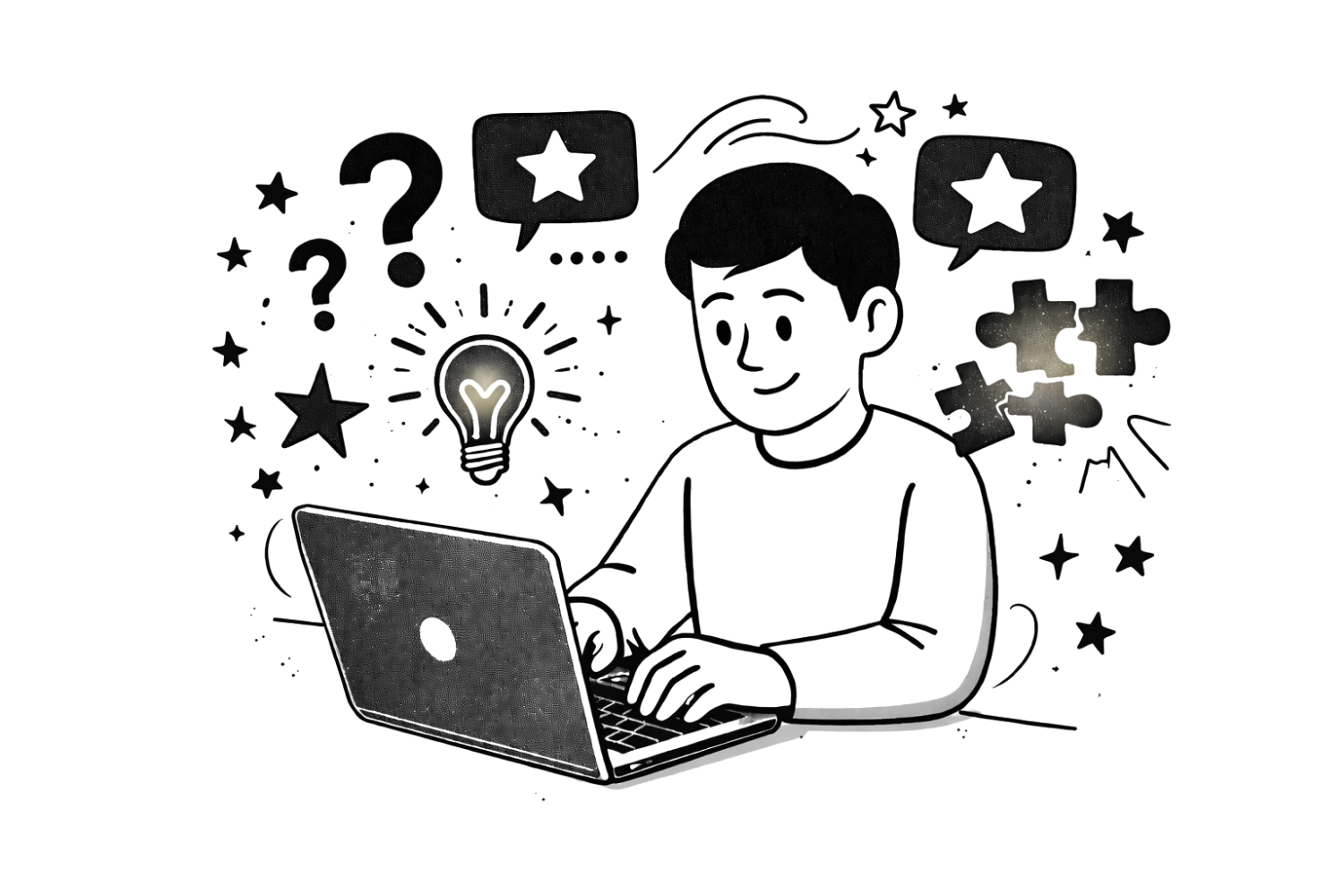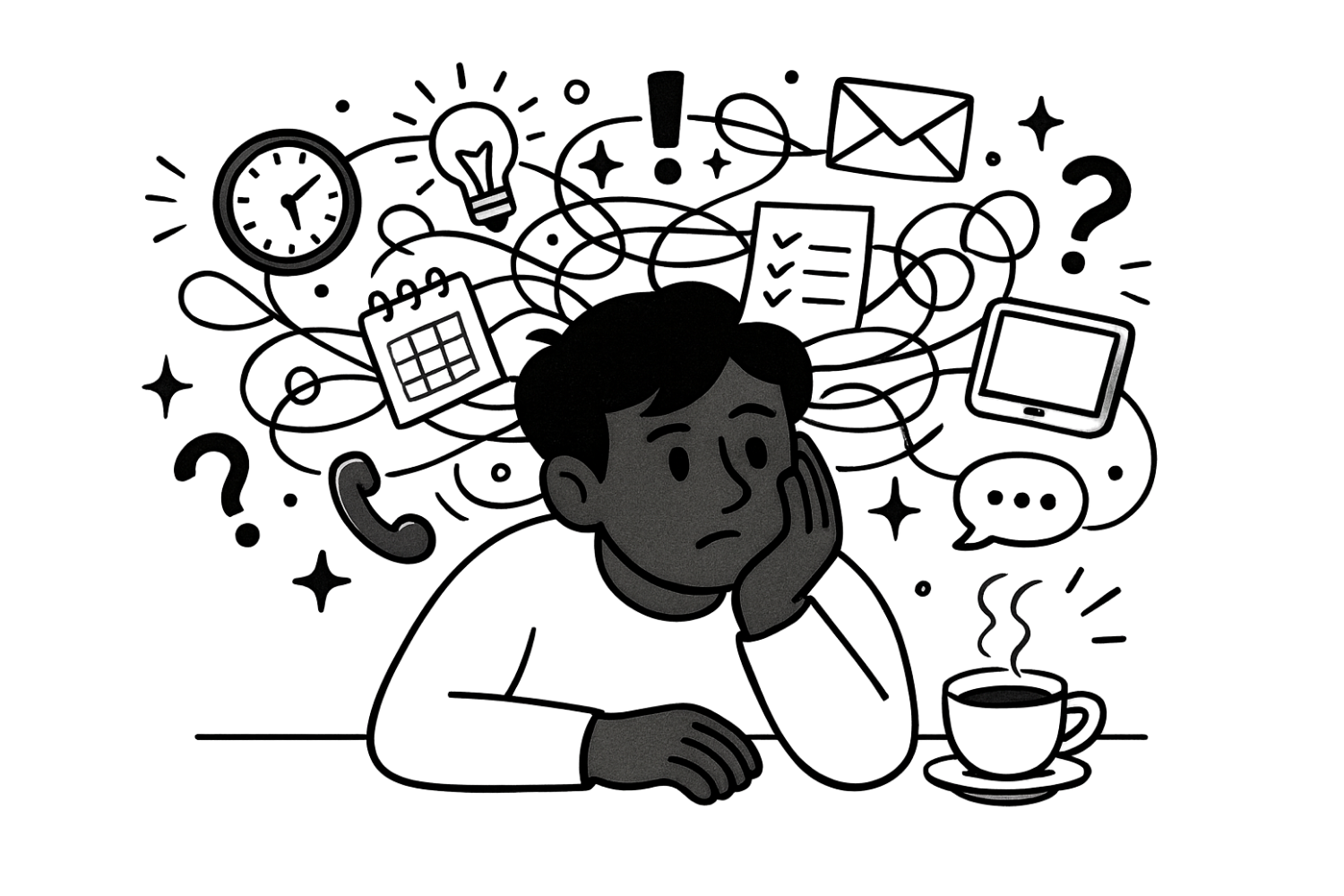Why We Play Logic Games (and Why It Feels So Good)
There’s something deeply satisfying about cracking a puzzle. That little “aha” moment when the pieces fall into place, it’s not just fun, it’s human nature. At Inkwell Games, we see it all the time: players thinking harder, celebrating wins. But why do we love logic games so much? What keeps us coming back to grids, and puzzling patterns?
We’re wired to solve things.
From the moment we can hold a crayon, we start figuring stuff out, how shapes fit, how patterns repeat, how stories connect. Logic puzzles tap into that same instinct. They give our brains a problem to chew on and a clear goal to reach. Every time we solve one, our brains reward us with a quick hit of dopamine, the same chemical that fuels motivation and learning.
In short: solving feels good because it is good for us.
They give us a sense of control.
Life can be messy and unpredictable. Logic puzzles are the opposite, they have rules, structure, and an answer waiting to be found. In a world full of gray areas, puzzles offer black and white solutions, you either solve it or you don’t (yet).
That sense of order can be grounding. It’s a small space where we can slow down, focus, and remind ourselves that challenges do have solutions, even if it takes a few tries to see them.
They’re quiet confidence builders.
Every solved puzzle adds up. You might start with a quick Monday logic grid on your lunch break, but over time, you’re training your brain to see patterns, make connections, and think flexibly. It’s subtle, but it sticks.
And when you finally solve that tricky Sunday puzzle, that little victory hits harder than you expect.
They connect us.
Even though puzzles feel personal, they’re often shared experiences. You swap your solve time with friends, debate strategy, or cheer someone on when they get stuck. That back and forth, that shared aha moment, turns a solo challenge into a social one.
At Inkwell, we love seeing how players connect over our logic puzzles in our Inkwell Insiders community. Whether it’s sharing your scores, or just a “did you get this one?” moment, puzzles have a way of bringing people together through curiosity and cleverness.
They remind us to slow down.
In an endless doom scrolling world, puzzles ask you to pause. To think, to reason, to notice. They’re a little rebellion against the bombardment of social content, a reminder that slowing down isn’t wasting time; it’s using time well.
At the end of the day, logic games aren’t just about getting the right answer (although of course we want that for you). They’re about the process, the way your mind shifts gears, sharpens focus, and stays curious.
And maybe that’s the best part, puzzles remind us that thinking hard can be fun!





.png)



